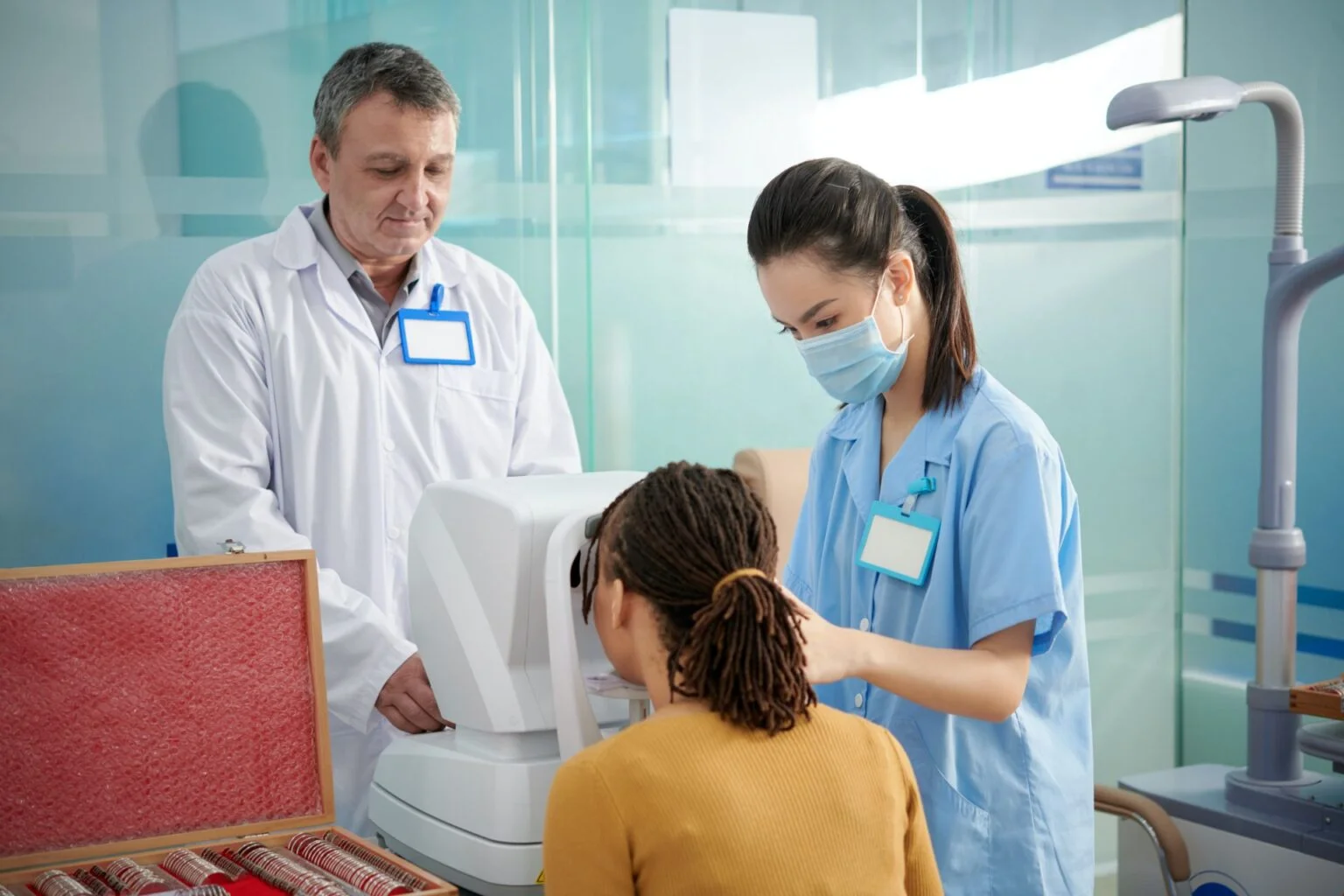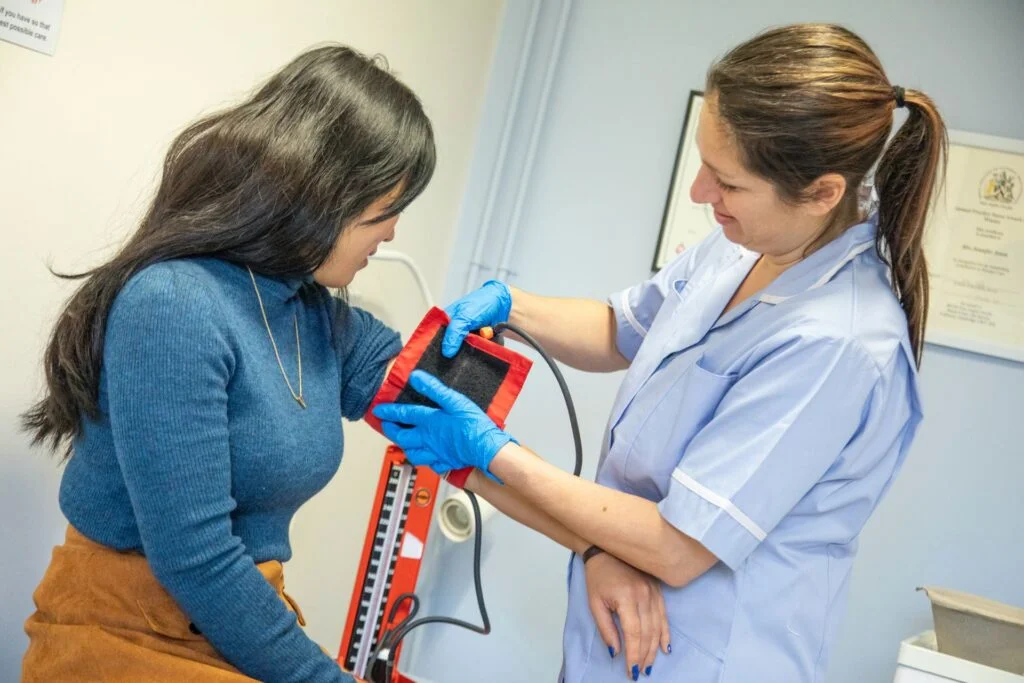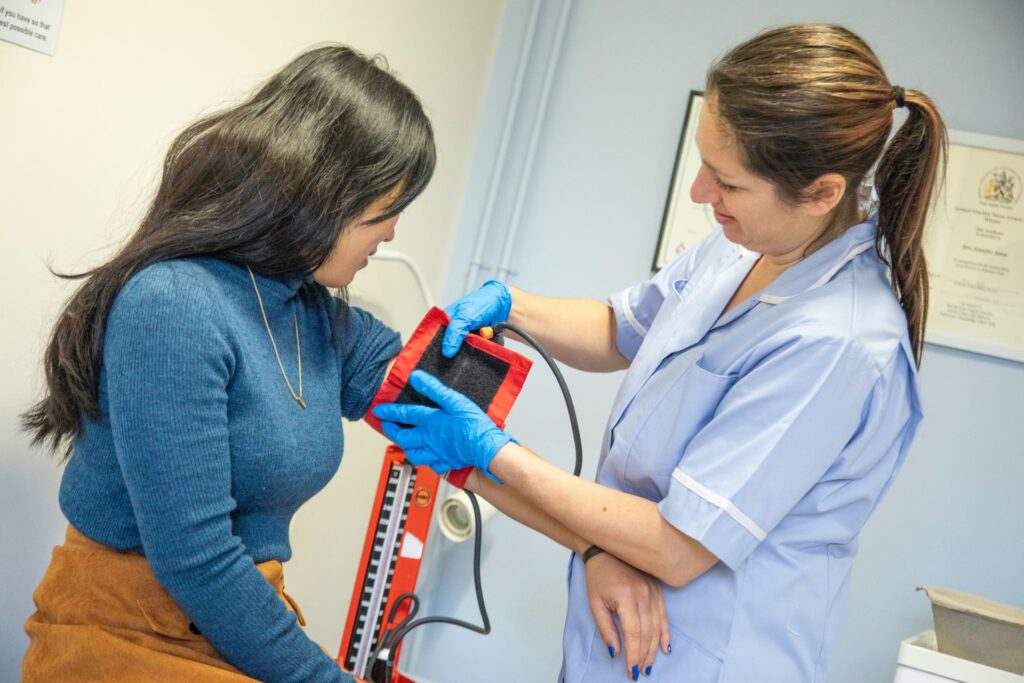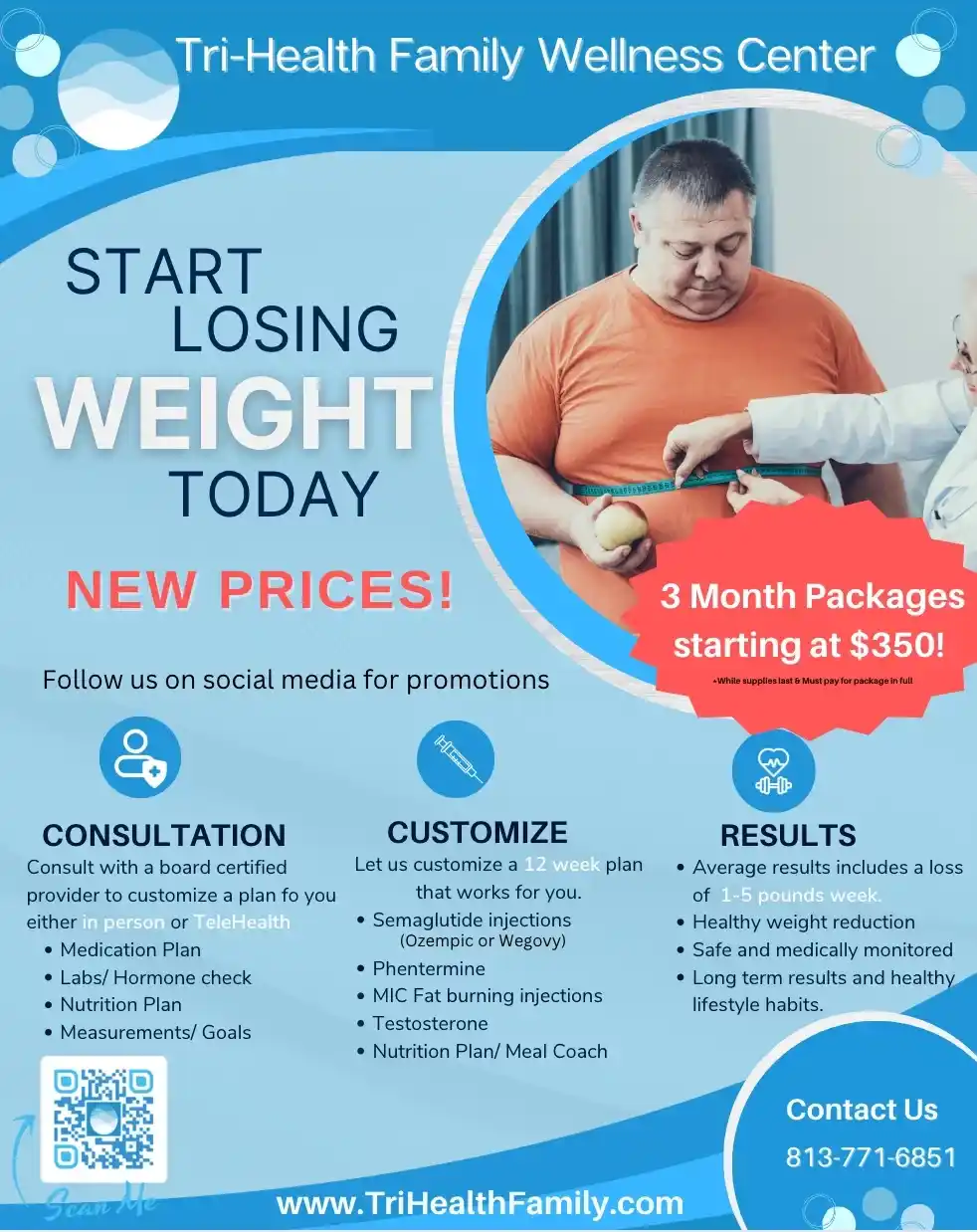Tri Health Family Wellness Center
10 Essential Health Screenings Everyone Should Get Annually
Just relaxing at home, scrolling your phone, suddenly you heard a story about someone who discovered a serious health issue during a routine health screenings — something they never expected! We all have encountered something like this, a waking call that makes us stop and think about our health. Right?
It is very easy to skip the annual doctor visits when feeling fine, but the truth is, many health problems start quietly, without any obvious symptoms. All these aspects make regular screenings an important point to pay attention to. Just like we never ignore a car’s maintenance, our body needs the same care and attention.
Whether feeling great or it’s been a while since the last check-up, understanding the importance of these essential screenings could be the key to a healthier future. Let’s take a closer look at the 10 health screenings everyone should prioritize each year—and why they might be the most important dates on your calendar.

Why Annual Health Screenings Matter?
Before learning about different tests, let’s talk about why annual health screenings are so important. As we all know our bodies change as we age, and new health concerns can arise even if you feel perfectly fine.
In this situation regular checkups are like heroes, helping us detect conditions that may not show any symptoms but can be a big headache in the future. By identifying issues early, we can often treat them more effectively, avoiding more serious complications.
Basic Health Screening Tests Everyone Should Get Done Regularly
Annual screenings are more than just tests, they are effective ways to get a full picture of your health, helping to get the best possible care. Let’s have a look at the ten essential health screenings that everyone should prioritize in their healthcare routine.
1. Blood Pressure Check
Blood pressure is a basic but important indicator of health. Generally known as the “silent killer,” it rarely shows any symptoms until it’s too late. High blood pressure, also known as hypertension, can result in severe conditions like heart disease, stroke, and kidney damage. That’s why having your blood pressure checked annually is essential.
During this quick and painless test, experts will measure the pressure in your arteries. If the numbers are high, they may recommend lifestyle changes or medication to help control it.
2. Cholesterol Test
Cholesterol is another important number that everyone should keep an eye on. Yes, that’s right! High cholesterol levels can increase your risk of heart disease and stroke. The test, known as a lipid panel, measures the levels of different types of cholesterol in your blood, including HDL (the good kind) and LDL (the bad kind).

If your cholesterol levels are high, experts might suggest dietary adjustments, exercise, or medication to bring them down.
3. Blood Sugar Test
Monitoring your blood sugar levels is key to preventing or managing diabetes. This simple test is a big indicator if your blood sugar is within a healthy range. Increased levels mean prediabetes or diabetes, which can lead to complications like nerve damage, kidney issues, or heart disease if left untreated. Early detection can make a big difference in your health.
4. Body Mass Index (BMI) Assessment
Your Body Mass Index (BMI) is a number calculated from your height and weight. It’s a simple tool that helps calculate whether you are underweight, normal weight, overweight, or obese. But remember BMI is not a perfect measure of health, it’s a useful starting point for understanding your body composition. Maintaining a healthy BMI can reduce your risk of various health issues, including heart disease, diabetes, and certain cancers.
5. Eye Exam
Getting an eye exam every year is important for everyone, not just those who wear glasses or contacts. As we get older, our vision can change, and conditions like glaucoma, cataracts, and macular degeneration can become more common.

Even if your vision seems fine, an eye exam can detect these problems early before they start affecting your daily life. Regular eye exams are also a chance to update your prescription if needed and ensure your eyes are healthy.
6. Dental Check-Up
Oral health plays a big role in your overall well-being, so regular dental check-ups are really important. For example, gum disease is not just a dental issue—it is directly related to heart disease and other health problems. Keeping up with good dental hygiene and regular check-ups helps prevent many problems and keeps your smile in great shape.
7. Skin Cancer Screening
Skin cancer is one of the most common types of cancer, but it’s also one of the most treatable when caught early. Yes, you heard it right! An annual skin check by a dermatologist or your primary care provider can help detect unusual moles or spots that could be cancerous. If you live in an area where sun exposure is higher, this screening is particularly important.
8. Breast Cancer Screening
For women, regular breast cancer screening is also very important. A mammogram, which is an X-ray of the breast, can detect tumors that are too small to feel. Early detection of breast cancer can definitely increase the chances of successful treatment. It is very important to discuss the whole process with professionals as the recommended frequency for mammograms varies depending on your age and risk factors.
9. Cervical Cancer Screening
Cervical cancer screening is also very crucial for women, typically starting at age 21. The Pap smear test looks for precancerous or cancerous cells on the cervix. In some cases, an HPV (human papillomavirus) test may also be performed, as HPV is a common cause of cervical cancer.

And early detection is key—cervical cancer is highly treatable when caught early. Depending on your age and health history, your provider will recommend the appropriate frequency for these tests.
10. Prostate Cancer Screening
Prostate cancer is also one of the major concerns for men, especially as they age. A prostate-specific antigen (PSA) test measures the level of PSA in your blood, with higher levels potentially indicating prostate cancer. This test is often recommended for men over 50, but those with a family history of prostate cancer might need to start earlier. Early detection through regular PSA testing can help detect prostate cancer at an early stage, making treatment more effective and improving overall outcomes.
Make Annual Health Screenings a Priority!
Making time for annual health screenings looks like a task, but it is one of the most proactive steps one can take for long-term well-being. By visiting the best medical clinic in Wesley Chapel, Florida, each year for these tests, you give yourself the best chance for effective treatment and a healthier future.
Always remember, your health is your most valuable asset—make sure you are taking care of it.



